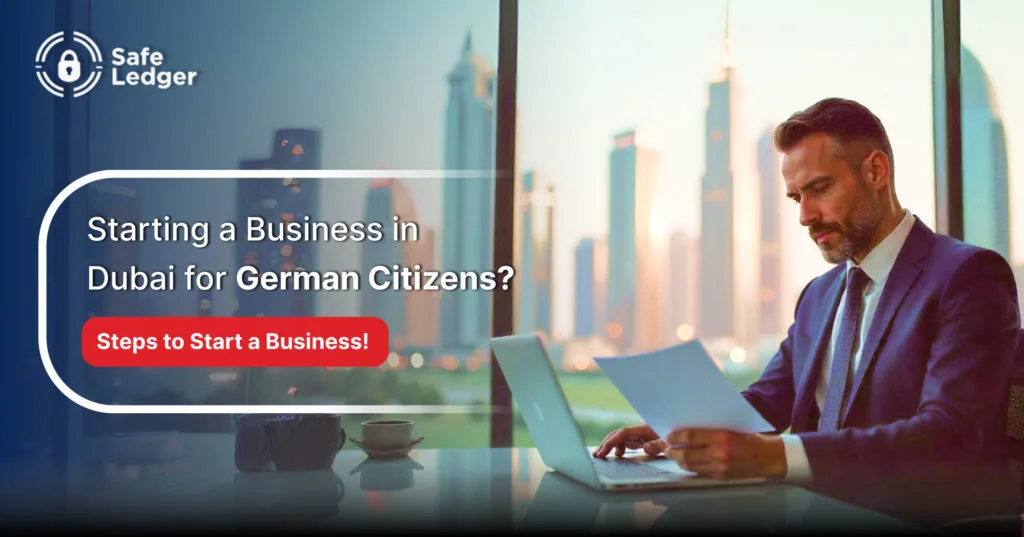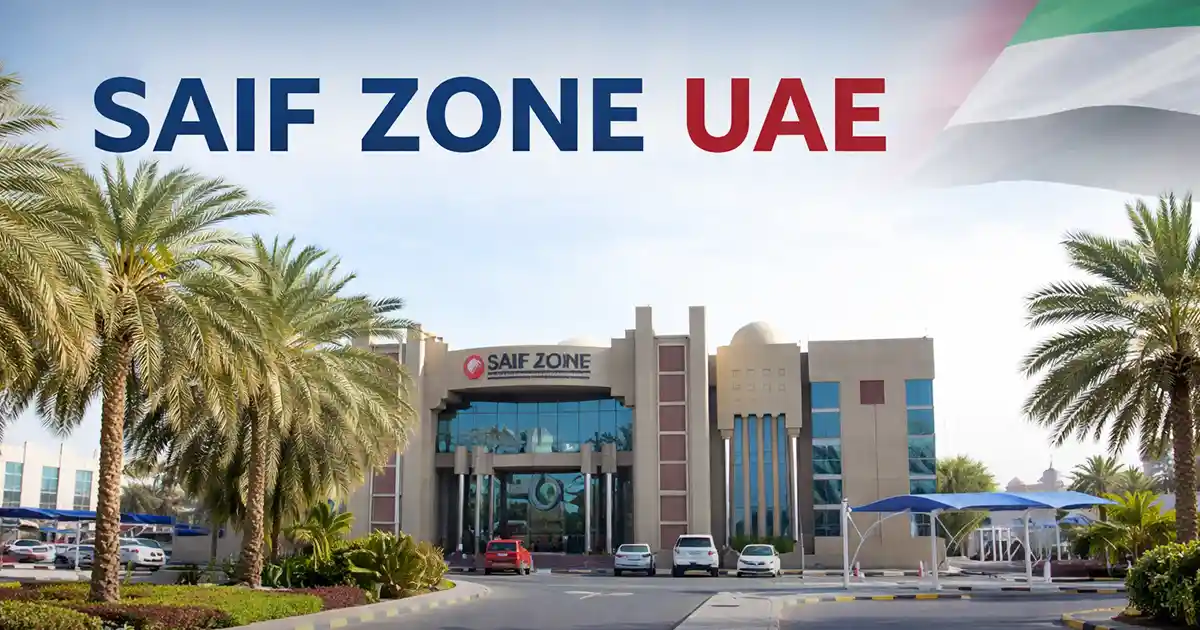Starting a business in Dubai involves more than choosing a company type and getting a license. German entrepreneurs must also navigate legal obligations, immigration rules, and operational requirements to ensure their business runs smoothly and remains compliant.
1. Visa and Immigration Details for German Business Owners in Dubai
German entrepreneurs can obtain different visas depending on their business activity and goals.
-
- An investor visa is granted to business owners in Mainland or Free Zone companies.
- Valid for 1–3 years, depending on Free Zone or company type.
- Costs range from AED 3,500 to 6,000. Medical tests, Emirates ID, and stamping fees can push costs higher (up to AED 7,500–10,000 in some zones).
- Allows family sponsorship for spouse and children.
- Renewed with a valid trade license.
-
- Issued to shareholders or business partners in UAE companies.
- Validity is usually 1–3 years.
- Requires company license and approval documents.
- Enables family sponsorship similar to investor visas.
- Renewed using proof of active business operation.
-
- Needed if Germans work for a UAE company.
- The company sponsors the visa.
- Includes medical tests and Emirates ID registration.
- Validity is typically 2–3 years.
- Renewable through the employer.
-
Freelance / Professional Visa
- Designed for individual professionals like consultants, freelancers, or specialists.
- Usually linked to Free Zone setups.
- Valid for 1–3 years depending on Free Zone rules.
- Allows limited family sponsorship.
- Requires an active freelance contract or business activity proof for renewal.
Note: Processing times vary. Free Zone visas are faster (2-4 weeks). Mainland visas may take longer (3-6 weeks).
2. Banking and Financial Considerations
Establishing a business in Dubai requires careful financial planning. Banking rules, account options, and profit repatriation can affect your operations. Understanding these aspects early helps you avoid delays, manage funds efficiently, and ensure smooth international transactions.
-
Opening a Corporate Bank Account
Open a corporate bank account to manage your business finances. Banks require verified company documents, passports, and proof of business activity. Many German entrepreneurs face delays or rejections if paperwork is incomplete.
Using a local consultant can speed up approvals. Popular banks include Emirates NBD, Mashreq Bank, Standard Chartered, and HSBC UAE.
-
Currency Management and Profit Repatriation
Manage payments easily with multi-currency accounts in United Arab Emirates (AED), European Union (EUR), United States (USD), or United Kingdom (GBP). Dubai allows full repatriation of profits. Transfer funds to Germany without restrictions. Multi-currency accounts simplify international trade and investment.
- KYC/AML Compliance and Processing Time
Banks perform strict KYC (Know Your Customer) and AML (Anti-Money Laundering) checks. Approvals usually take 2–6 weeks. Complete documents and accurate information help avoid delays.





